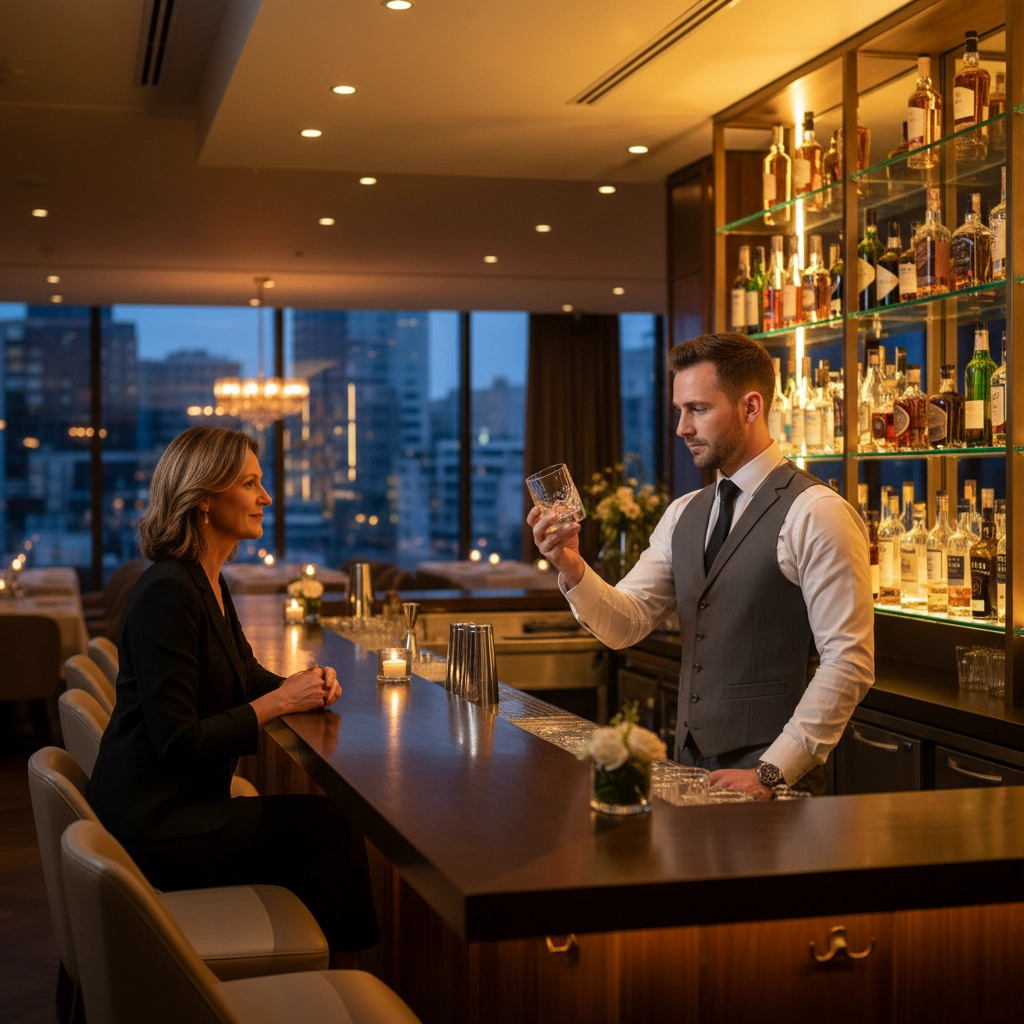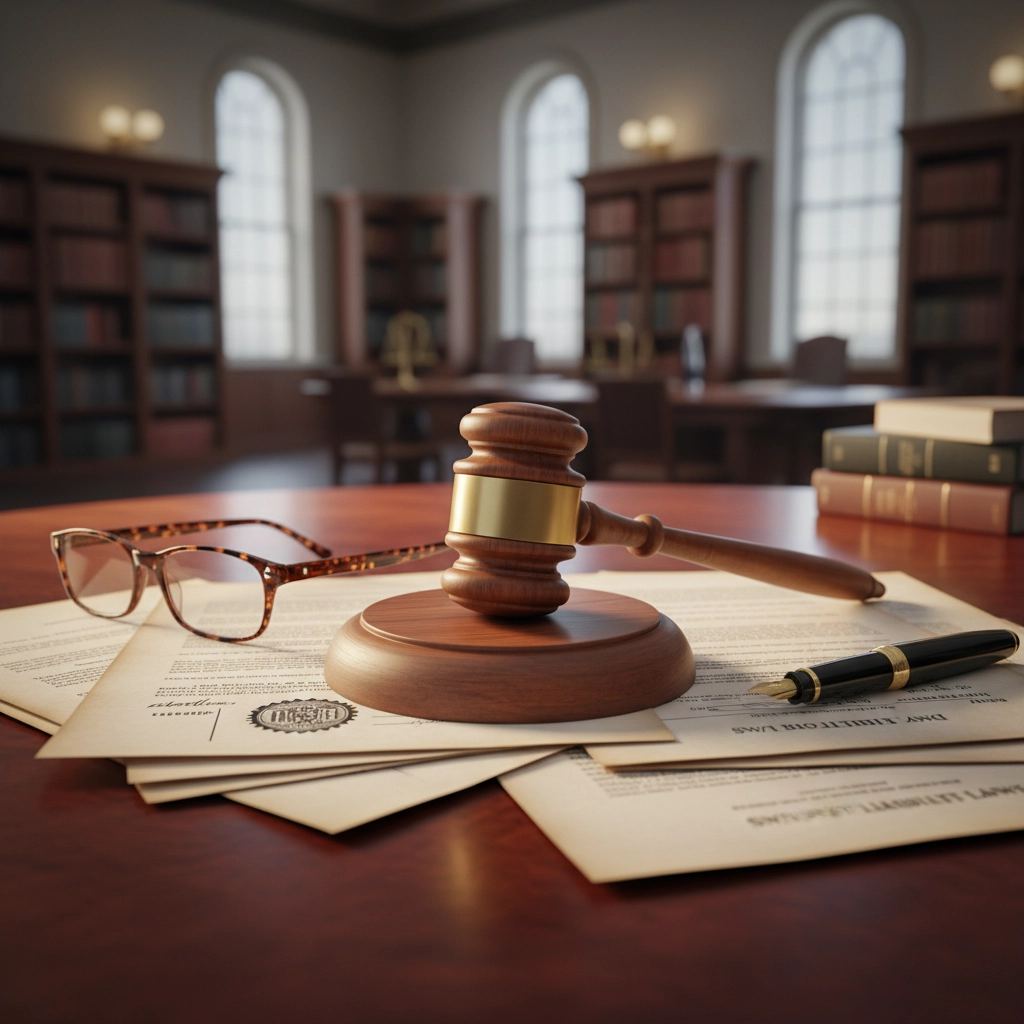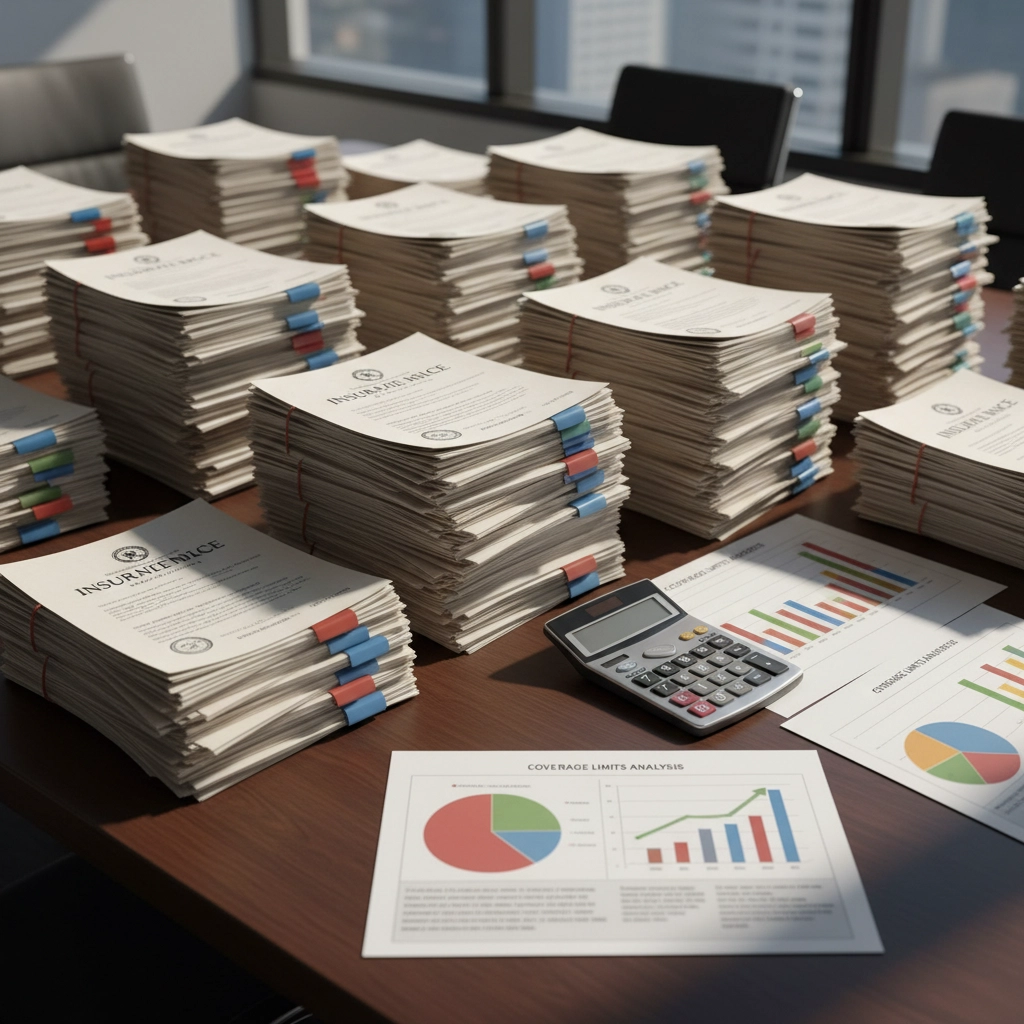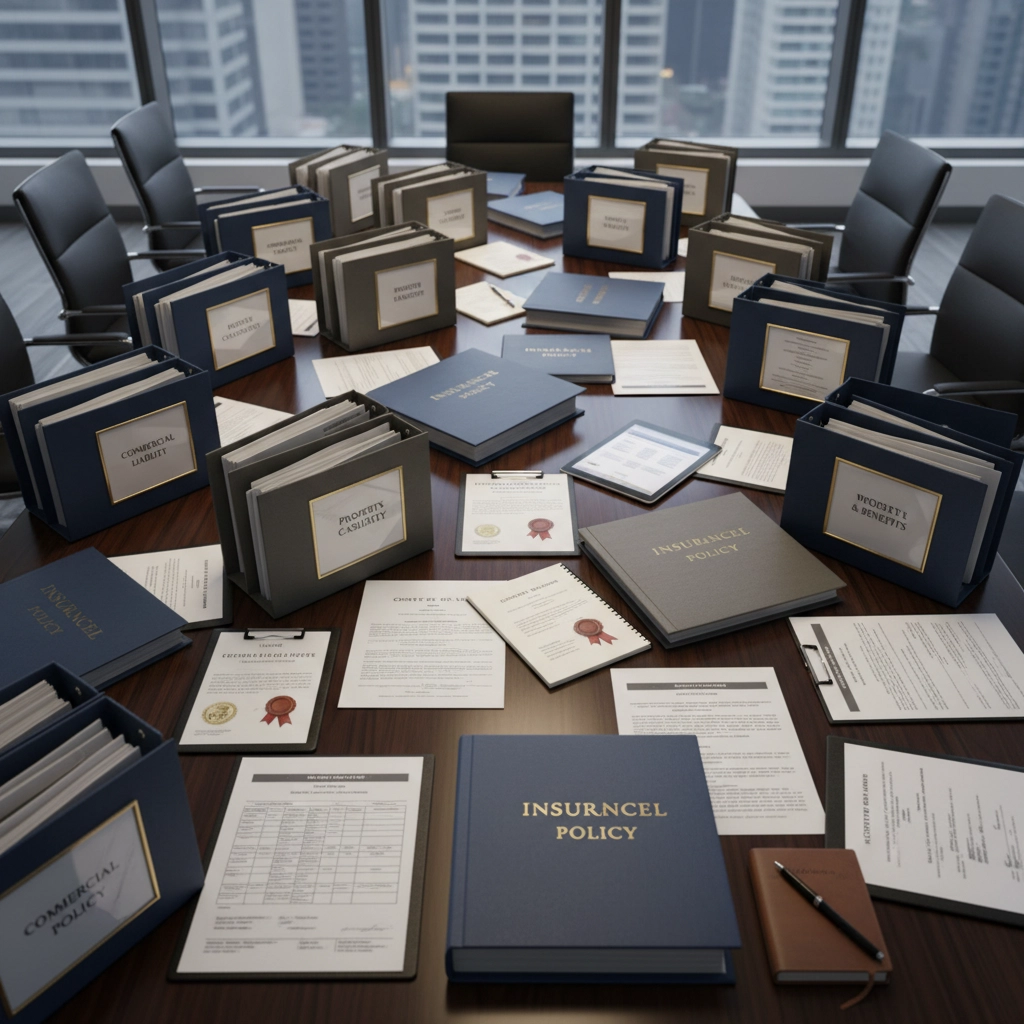Liquor Liability Insurance Secrets Revealed: What Restaurant Owners Don't Want You to Know
- marketing676641
- Oct 25, 2025
- 4 min read
Restaurant owners face significant liability exposure when serving alcohol. Standard general liability insurance policies contain exclusions that leave establishments vulnerable to devastating financial losses. Understanding these coverage gaps protects your business from lawsuits that can exceed six figures.
The Critical Insurance Gap Most Restaurant Owners Miss
General liability insurance does not cover alcohol-related incidents. This exclusion applies regardless of staff training quality or operational diligence. When intoxicated patrons cause harm, standard policies provide no protection for resulting claims.

Liquor liability insurance fills this dangerous coverage gap. Also known as dram shop insurance, this specialized coverage protects restaurants and bars from financial liability when alcohol service leads to third-party injuries or property damage.
What Liquor Liability Insurance Actually Covers
Liquor liability insurance provides comprehensive protection for alcohol-related incidents. Coverage includes assault and battery claims, property damage caused by intoxicated patrons, sexual assault incidents, medical expenses for injured parties, court defense fees, and mental damages claims.
The policy also covers situations involving employees as patrons. When off-duty staff members consume alcohol at your establishment and later cause harm, liquor liability insurance responds to resulting claims.
These incidents occur frequently enough that a single intoxicated patron's actions can result in business-ending lawsuits. Property damage, bodily injury, and legal defense expenses accumulate quickly when alcohol-related incidents escalate.
Dram Shop Laws Create Legal Liability
Many states enforce dram shop laws that hold establishments legally responsible for damages caused by intoxicated individuals they served. These laws make restaurants liable when bartenders continue serving visibly intoxicated patrons who subsequently cause accidents or commit crimes.

Legal liability extends beyond the establishment's premises. When intoxicated patrons leave your restaurant and cause drunk driving accidents, assault other individuals, or damage property, dram shop laws can make your business financially responsible for resulting damages.
Courts regularly award substantial judgments against establishments that violate dram shop provisions. Medical bills, property damage, legal defense fees, and pain and suffering awards create massive financial exposure for unprepared businesses.
Coverage Limits Determine Your Financial Protection
Policy limits represent the maximum amount your insurance carrier will pay for covered claims. Choosing inadequate limits creates false security that can prove catastrophic when major incidents occur.
When claim expenses exceed policy limits, business owners personally pay the difference. A lawsuit costing $600,000 with $500,000 in coverage limits leaves owners responsible for $100,000 plus additional settlement costs.

Standard liquor liability policies offer limits ranging from $500,000 to $2 million per occurrence. Higher-risk establishments typically require increased limits to adequately protect against potential exposure. Some policies include no sublimits on assault and battery claims, providing broader protection for common alcohol-related incidents.
Common Oversights That Increase Restaurant Liability
Restaurant owners frequently overlook regulatory compliance requirements for liquor liability insurance. Many licensing authorities mandate this coverage as a condition of maintaining alcohol service permits. Operating without required insurance violates local regulations and can result in license suspension.
Host liability situations extend coverage requirements beyond restaurant premises. Catering events, private functions, and off-site alcohol service create additional liability exposure that standard policies may not address without proper endorsements.
Annual policy reviews rarely occur despite changing business operations. Menu expansions, facility modifications, extended hours, and new alcohol service areas can create coverage gaps that owners discover only after incidents occur.
Documentation Requirements Affect Coverage Responses
Insurance carriers assess claims based on operational documentation maintained by establishments. Staff certification records, bar service logs, employee safety training documentation, video surveillance systems, and previous claims history all influence coverage decisions.

Proper documentation demonstrates responsible alcohol service practices that support coverage when incidents occur. Inadequate record-keeping can complicate claims processes and potentially void coverage for preventable incidents.
Regular staff training on responsible alcohol service, incident documentation procedures, and proper patron monitoring creates evidence that supports favorable claim outcomes.
Additional Coverage Gaps Restaurant Owners Miss
Employment Practices Liability Insurance addresses wrongful termination, discrimination, and sexual harassment claims that frequently arise in alcohol-serving establishments. These incidents often correlate with alcohol service environments and create substantial liability exposure.
Restaurant Insurance Programs combine multiple coverages into specialized packages designed for food service establishments. These programs address unique risks that standard commercial policies may not adequately cover.
Business Owners Policies combine general liability and property insurance into comprehensive packages. While these policies provide broad protection, they still exclude alcohol-related incidents without specific liquor liability additions.
Understanding Your Complete Insurance Picture
Liquor liability insurance represents one component of comprehensive restaurant protection. Workers' compensation covers employee injuries, while cyber liability insurance protects against data breaches affecting customer payment information.
Property insurance covers building damage, equipment loss, and business interruption from covered perils. However, alcohol-related property damage typically requires specific liquor liability coverage to respond to claims.

Product liability coverage protects against claims involving contaminated food or beverages. While this coverage addresses food service risks, it does not extend to alcohol service liability situations.
Risk Management Beyond Insurance Coverage
Effective risk management combines adequate insurance coverage with operational best practices. Staff training programs on responsible alcohol service reduce incident frequency and support coverage when claims occur.
Patron monitoring procedures help identify intoxicated individuals before service cutoffs become necessary. Clear policies regarding alcohol service limits, patron behavior expectations, and incident response create operational frameworks that reduce liability exposure.
Security measures including surveillance systems, adequate lighting, and trained security personnel deter problematic behavior while providing documentation when incidents occur. These measures support insurance claims while reducing overall risk exposure.
Making Informed Insurance Decisions
Restaurant owners need clear information about liquor liability requirements and coverage options. Understanding policy terms, exclusions, and limits enables informed decisions about appropriate protection levels.
Professional insurance guidance helps identify coverage gaps specific to your operation. Independent agents can compare multiple carriers and coverage options to find appropriate protection for your establishment's unique risks.
Regular policy reviews ensure coverage keeps pace with changing business operations and regulatory requirements. Annual assessments identify new risks and coverage needs before gaps create exposure.
Insurance Alliance LLC provides comprehensive restaurant insurance solutions throughout Washington and Florida. Our experienced team understands the unique risks facing food service establishments and can design coverage programs that protect your investment while meeting regulatory requirements.
Contact Insurance Alliance LLC today to review your restaurant's liquor liability coverage and ensure complete protection for your business operations.

Comments